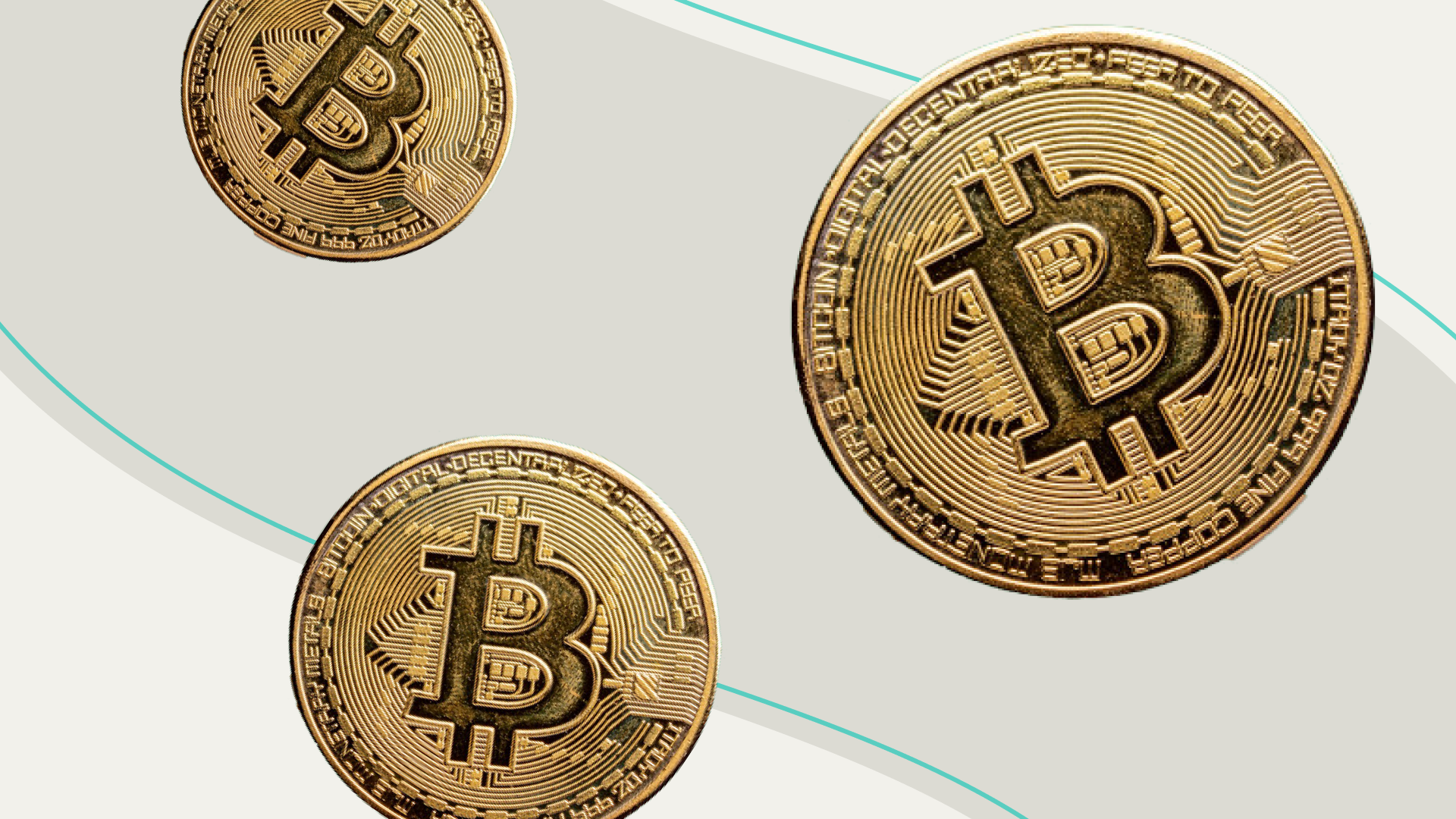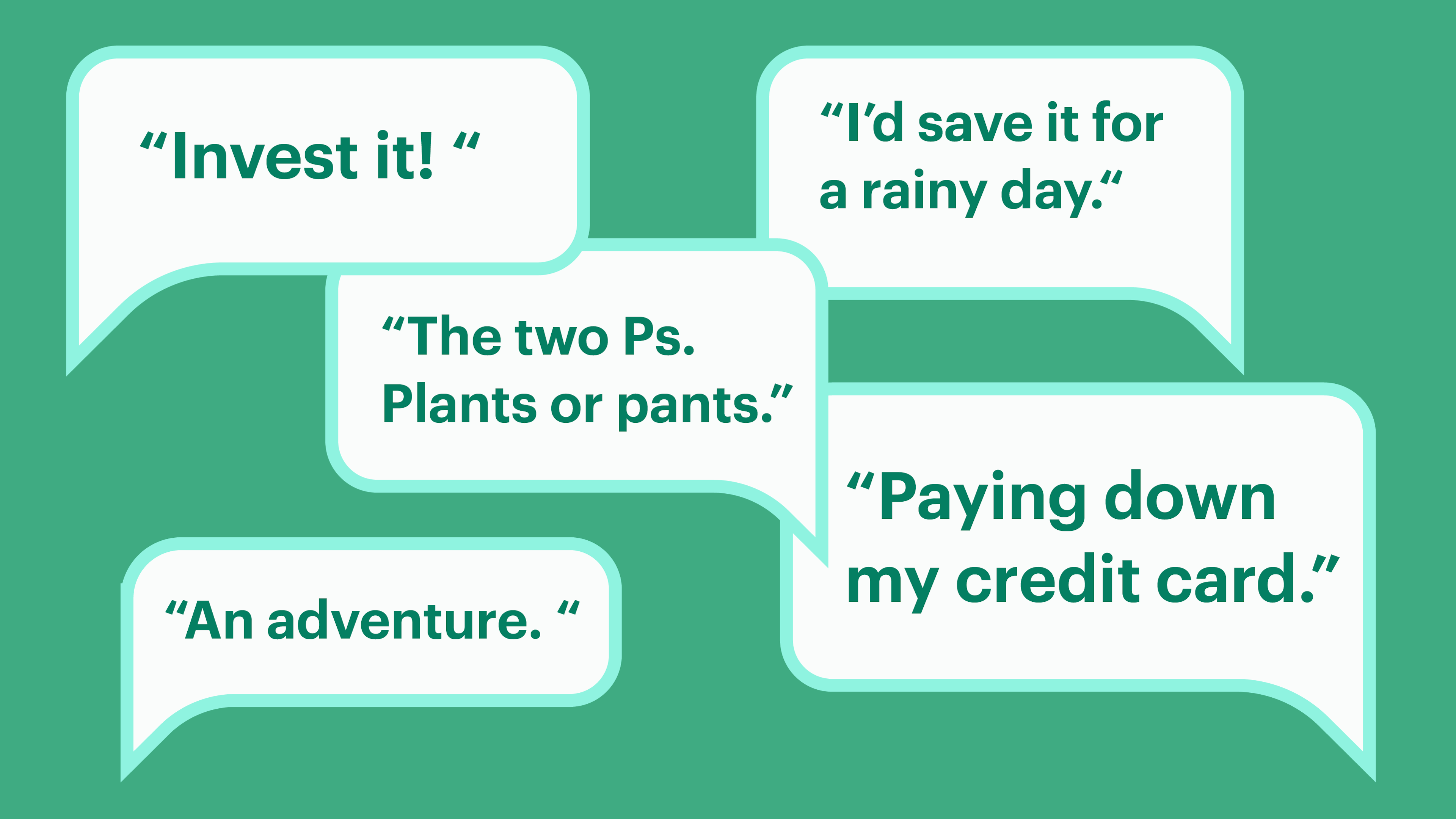Hey there.
Tomorrow is Juneteenth, aka the day that officially commemorates the end of slavery in the US. And a particularly good time to reflect on what still needs to be done to dismantle systemic racism and close the racial wealth gap. One easy way you can help: support Black-owned businesses like these.
Headlines, Skimm'd
Rates rising...in 2023. That's a year earlier than the Fed previously indicated they'd start increasing interest rates. Here's what near-zero rates mean for your savings, debt, and home buying or refinancing plans in the meantime.
Oh ship. This week, a COVID-19 outbreak in southern China caused significant delays at major shipping ports. That's on top of a lingering backup that started in March when the Suez Canal was blocked by a since-impounded ship. Companies like Ikea and Lenovo are still waiting for inventory that's stuck on board. Experts say this could push prices even higher.
Forgive a little. On Wednesday, the Department of Ed said it'll clear federal student loans for people who attended ITT Technical Institute, a for-profit school that shut down in 2016. Supporters say more forgiveness would be especially helpful for BIPOC borrowers. Exhibit A: a new report shows Black women carry about 22% more student debt than white women.
News to Wallet

What Bitcoin's Wild Year Means for Your Wallet
Bitcoin news doesn't stop. The digital currency jumped above $40,000 earlier this week after Elon Musk tweeted that Tesla would accept Bitcoin again if it became more energy-efficient. Reminder: the value of one bitcoin has gone as high as nearly $65,000 and as low as about $30,000 in the past few months. One reason for the volatility: China, which has been cracking down on Bitcoin mining and trading. Some say it could lead to a mass migration of miners...maybe all the way to Texas, where energy costs are lower. What does all this mean for you? We Skimm'd it.
Make Good (Money) Choices
If you've got an extra $100…
Make the most of it. There are a lot of ways to spend your money that can make you and your wallet happier and less stressed. We asked Skimm'rs on Instagram what they would do with a spare $100. See what they said – plus our tips – here. But first, some of our fave responses from IG:

If you're leaving on a jet plane…
Stay safe and on budget. Restrictions are lifting around the world and travel spending is taking off. One way to keep costs down: pack snacks and a reusable water bottle. A lot of what you can buy in airports is sold at a huge markup. And could eat up a chunk of your budget before you take off. Pro tip: see if you can get access to the airport lounge through your credit card or by buying a day pass. Most offer free WiFi, drinks and snacks, and dining discounts.
If you thought school was out for the summer…
Don't forget this assignment. If you're taking classes, fill out the FAFSA – aka the Free Application for Federal Student Aid – every year. This determines how much financial aid (loans, grants, and work-study) you're eligible to get from the gov. States and colleges may use the FAFSA to award their own aid, too. You have until June 30 to file for the school year that just ended. Meaning you can still get aid retroactively. If grad school could be in your future, circle October 1 on your cal. That's the earliest you can submit a FAFSA for the following school year. And it pays to file ASAP because aid is often distributed on a first-come, first-served basis. Heads up: it can be complicated. A service like Frank or Ladder Up can walk you through the application process and help maximize your financial aid.
Asking for a Friend
Q: What's the ambition penalty, and how does it hold women back?

Stefanie O'Connell Rodriguez: The ambition penalty speaks to the paradox at the heart of women's empowerment. To close gender gaps in pay, wealth, and leadership, women have been directed to "speak up," "negotiate more," and "take what they deserve" – overlooking how women are often penalized for doing those very things. For example, when women do negotiate, they're more likely to be labeled as aggressive and demanding and less likely than men to actually receive the raises and promotions they've requested.
The ambition penalty helps explain why decades of educational gains and a lifetime of "empowerment" haven't translated into corresponding gains for women in the workforce, in wealth or in leadership. Because it's not that women aren't negotiating or speaking up or working to get what they deserve. It's that they're doing so within a network of institutions that undermine and penalize them when they do.
Psst…learn more about the gender wealth gap and what you can do to support other women when it seems like the financial cards are stacked against you.
Stefanie O'Connell Rodriguez is the host of the Money Confidential podcast, the founder of Statement Cards, and the co-founder of Statement Event. Her answer has been edited for length and clarity.
Hot Off the Web
The Supreme Court upholds Obamacare (for the third time).
Retail sales fell 1.3% in May as Americans shifted their spending from home upgrades to dining out and travel.
Amazon Prime Day(s) is next week.
Lina Khan was confirmed to the FTC. Watch out, Big Tech.
MacKenzie Scott's new giving total (so far): more than $8 billion.
Cristiano Ronaldo's hydrating habits cost Coca-Cola $4 billion in market value.
Subscribe to Skimm Money
Your source for the biggest financial headlines and trends, and how they affect your wallet.